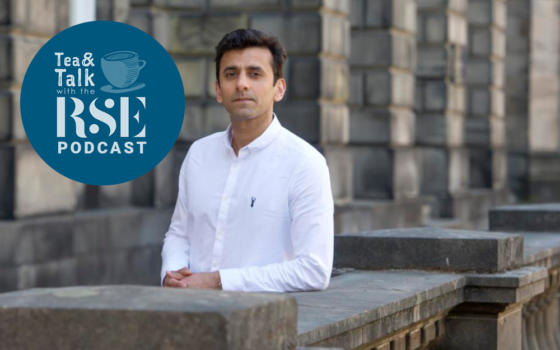The UK’s public health response to Covid-19 has varied across its home nations, raising the question of whether difference in policy is reflected in health outcomes and whether Scotland has seen the same disparity in Covid-19 deaths amongst ethnic minority groups as documented in England.
Current data is limited but suggests that the dramatic ethnic inequalities in English Covid-19 mortality are not presently being seen in Scotland. This should not, however, allow for any sense of complacency.
We know that certain ethnic minority groups have disproportionate underlying profiles of chronic ill health: South Asian groups are especially affected by diabetes and cardio-vascular disease; and heart disease has been one of the most common pre-existing conditions observed in Covid-19 fatalities in Scotland.
The data also shows that people in the most deprived areas of Scotland are more than twice as likely to die with Covid-19 than those living in the least deprived areas. This is hugely relevant for Scotland’s ethnic minorities, who remain more likely to be in poverty than the majority white population, and especially those members of ethnic minority groups who are new migrants.
Ethnic minority populations are more susceptible to critical complications if they contract Covid-19, not because ethnic and racial categories are themselves a causal factor, but because they amplify underlying social determinants which generate these pre-existing health conditions.
The same factors that make ethnic minorities vulnerable to pre-existing health conditions also make it harder for them to protect themselves from the virus through social distancing.
One example is keyworker occupations: in Scotland, healthcare and social work make up 28% of working people in the African ethnic group, and 22% of those in the Caribbean or black group. Similarly, 21% of working people in the Asian groups work in retail and the Indian and Pakistani groups are overrepresented in transport, where they have been required to work during the lockdown, risking exposure to the virus. Overcrowded accommodation, which particularly affects Pakistani and Bangladeshi households in Scotland, will also mitigate against effective social distancing.
All of this means that policy-makers, public agencies and advocates must maintain a broad focus on the underlying determinants of susceptibility to the virus and not allow the physiological risks to be separated from their social exposures.
